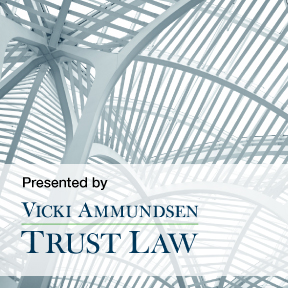 A ticking time bomb
A ticking time bomb
Testamentary capacity is largely well understood. However, the requisite capacity to settle a trust, draft or update (or revoke) a memorandum of wishes or to exercise appointor powers is less clear cut.
In the context of trusts, it may also be appropriate to consider capacity through not just the lens of a comparator with testamentary capacity or capacity in a medical context, but also capacity in a broader construct as the capacity to functionally act as a settlor, trustee and appointor or to exercise powers that touch on a trust.
As observed by the Court of Appeal in Gorringe v Pointon at [21]:
“… a party alleging undue influence in respect of an inter vivos gift may rely on an evidential presumption of influence … the transaction “calls for explanation …”
This webinar will explore the range of matters trustees and their advisers need to be live to with respect to capacity, duress and undue influence.
HIGHLIGHTS
The webinar, which will conclude with a question-and-answer section, will consider capacity, undue influence and duress (in a trust context) by refence to case law and the relevant legislation.
Topics covered will include:
Cases considered include:
WHY ATTEND
Capacity is a commonly considered aspect of the ability to make a will or act as a trustee but is commonly overlooked in the wider exercise of trust related decisions, rights and powers. We will explore the relevant considerations in a practical context and will set out questions that will assist to formulate relevant considerations and courses of action.
3 April 2024
This webinar is targeted at all practitioners at all levels but will be of particular interest to practitioners who advise settlors, trustees or beneficiaries.
Vicki Ammundsen, Director, Vicki Ammundsen Trust Law Limited.
1.5 CPD Hours